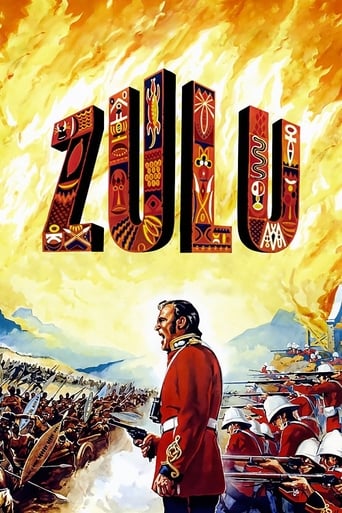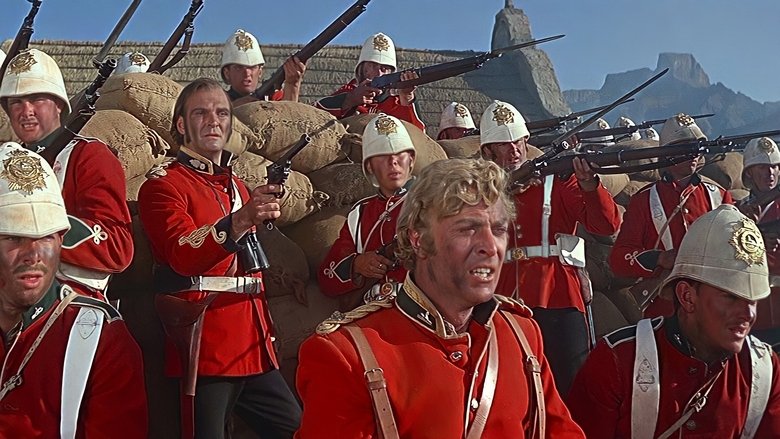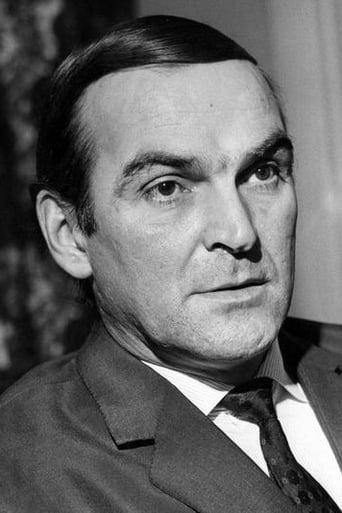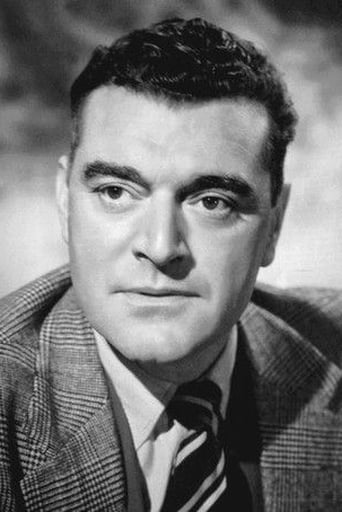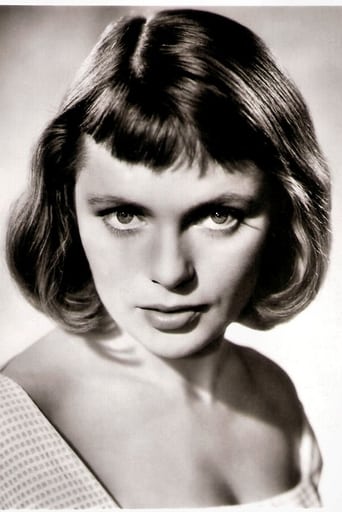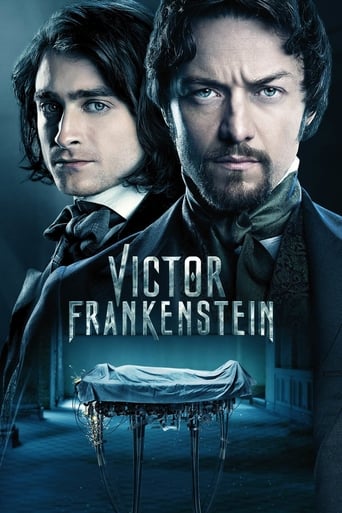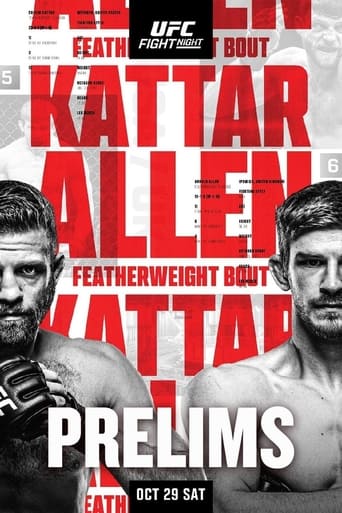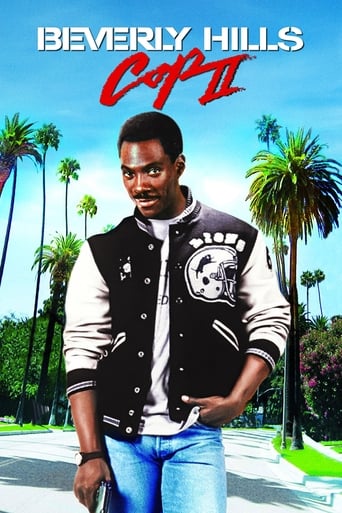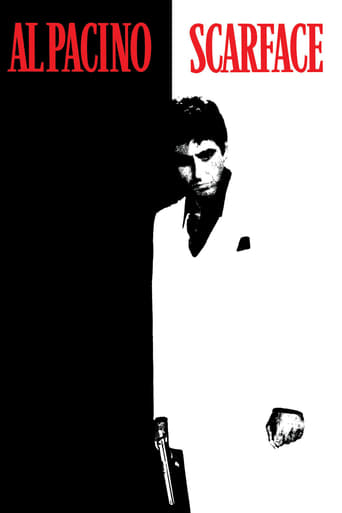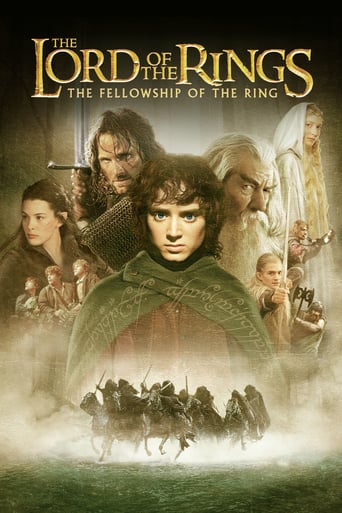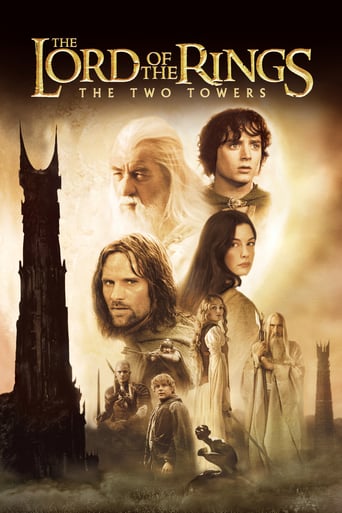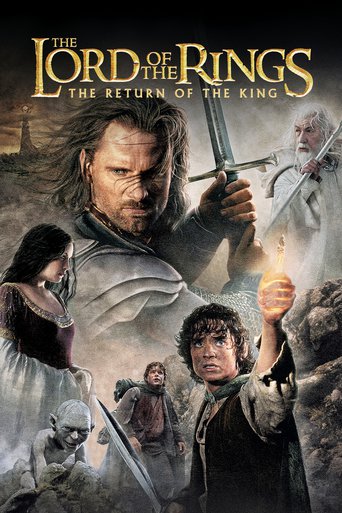Zulu (1964)
In 1879, during the Anglo-Zulu War, man-of-the-people Lt. Chard and snooty Lt. Bromhead are in charge of defending the isolated and vastly outnumbered Natal outpost of Rorke's Drift from tribal hordes.
Watch Trailer
Free Trial Channels
Cast


Similar titles
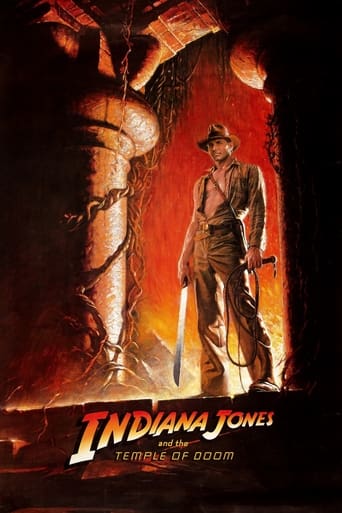
Reviews
SERIOUSLY. This is what the crap Hollywood still puts out?
Nice effects though.
Did you people see the same film I saw?
It's a movie as timely as it is provocative and amazingly, for much of its running time, it is weirdly funny.
Movie Review: "Zulu" (1964)In late international reception, released by distributing Paramount Studios, Hollywood in June 1964 missing the Academy-Award qualification deadline of December 31st 1963 by miles and also-neglected for another year by its own kind to be only nominated once at the 18th edition of "The British Academy Film And Television Awards" (BAFTA) in awe-striking exotic as detailed South-East-African native tribe pieces of art directions initiated by production designer Ernest Archer (1910-1990), who then eventually won an Academy-Award fo the rarely-known major British production of the Royal-Russian-Tsar-Saga "Nicholas & Alexandra" directed by "Patton" director Franklin J. Schaffner."Zulu" comes along with 135-Minute-Editorial of constant raging tribe of South African warriors opposing naturally by basic instinct the imperalistic attitude of natural-resourcing retrieving as region-securing British Royal Army, here so impressively portrayed by a star-making performance with 30-year-old actor Michael Caine restraining future screen-taking close-up powers to be experienced in Alfie (1966) and "Get Carter" (1971) in favors for also-producing falling short actor Stanley Baker (1928-1976) due to an one-dimensionally written leading character of Lieutenant John Chard by also co-writing director Cy Endfield (1914-1995), who received at that time an overwhelming independently-received production budget for fast-track deliveries toward award-season 1963, taking on pictures as "Tom Jones" (1963), eventually winning Best Picture due to lack of competition, and Magnus-Opus "Cleopatra" (1963) starring Elizabeth Taylor (1932-2011) & Richard Burton (1925-1984), who needed to turn down one of the initial roles due to schedule conflicts, but nevertheless shares some vocal atmosphere in narration post-production additional-monologue dubbing, when the picture unfolds its potential epic proportions in an slow-left-panning after-battle scenario with marching "Zulu" warriors walking through corpses of red-coated British soldiers, only to come full circle after minor-suspense sequences of deadlock situations with foreseen food and ammunition struggles neglected hand-to-hand combats, envisioning the bayonet-slashing black flesh toward inevitable historically-proven victors of a minor group of Royal British soldiers.The out-going high-concept scenario of highly-dramatized real events on January 22nd / 23rd in year 1879, when waves of battle under siege-holding 450 advancely-weaponized colonialists against 4,000 primal-rage-pushing Natives does not fail to attract after more than 50 years in distribution services, but then again becomes a controversially dragging cinematic experience, when the recurring motive "David vs. Goliath" stand-offs in emotionally-superior motion pictures endeavors from "The Alamo" (1960) directed as starred by John Wayne to digital-enhancements of a new age in "300" (2006) starring Gerard Butler & Lena Headey directed by Zack Synder tend to just entertain more these days.© 2018 Felix Alexander Dausend (Cinemajesty Entertainments LLC)
I felt like I was hit by an Iwisa. This periodic war-film from the 1960's, really did make an impact on me. Directed by Cy Endfield, the movie tells the epic account of the true story of an under-strength British forces defending an isolated African mission at Rorke's Drift against large packs of Zulu warriors, during the Anglo-Zulu War of 1879. Without spoiling the movie, too much, I have to say, the depiction of the Battle of Rorke's Drift was amazing to watch. It's like the British's version of the Western genre. The beautiful landscape of South Africa was used very well. You really get the scale of how large, the Zulu army is and how small, the British forces, by the way, the camera frame, its endless hills and mountains. Yet, the movie doesn't really show or explain, why the Zulus and British were fighting. There was no mention of the British wanting greater control over non-renewable natural resources like Diamonds or how the Zulus felt unjustly treated by the colonial regime. Still, I like how the film doesn't do many cheap tricks to demonize, either one side. The film could had easily, portray the Zulus as killer hordes of savages; seeing how this movie was made, during the height of apartheid, where the rights, associations, and movements of the majority black inhabitants and other ethnic groups were curtailed, and white minority rule was maintained. However, the film doesn't do that. You see the Zulus be willing to allow the missionaries families to escape the battle, as well, punish its own members, for trying to stop them from fleeing. Yet, I wish the movie didn't make it seem like the Zulus were the invaders, when in truth, the British were. In real events, King Cetewayo (Chief Mangosuthu Buthelezi) was hoping for negotiated peace with the British after the Battle of Isandlwana. After all, King Cetewayo didn't want to attack Rorke's Drift as it would make him, seem like an aggressor to the British public, as the Drift was nowhere near the borders of Zululand and there was no military value to it. Yet a party of some 4,000 Zulu reserves mounted, such of an attack. However, after King Cetwayo heard about it, the Zulus were forced to retreat after one day of battle, not because of show of respect to British for their bravery. The unauthorized of the attack is one of the true reasons, why the Zulus retreat, along with lack of supplies. It's one of the bigger historic inaccurate that the movie got wrong along with the British death count, which was 17. Another is the battlefield singing contest. While, I dig it, as a powerful scene in the movie, it's not really historical accurate as there were no much event, recorded. Another thing, the song "Men of Harlech" features prominently as the Wales's regimental tune; did not become the official march song until much, much later in the First World War (1914-1918). In the time of the battle, the regimental song was "The Warwickshire Lad". Another thing, while both Lieutenant John Chard (Stanley Baker) of the Royal Engineers & Lieutenant Gonville Bromhead (Michael Caine), an infantry officer were heroic. In truth, the real hero of Rorke's Drift was Commissary James Dalton (Dennis Folbigge). It was Dalton who persuaded Chard and Bromhead to remain at Rorke's Drift when their first instinct was to abandon the post, and it was Dalton who organized and inspired the defense. Despite that, I think, both actor, Stanley Baker and Michael Caine did great in their roles in the action scenes, even if the real-life Bromhead is supposedly deaf and Chard was a heavy smoker. I also love the down to earth complex relationship between common-man, Chard with that, Brownhead's pompous aristocrat. I like how the film, makes them, likable, even with their questionable decisions. I just wish the writers did the same with Reverend Otto Witt (Jack Hawkins). All of his scenes were a little bit, too annoying. Despite that, I think, Jack Hawkins did great in his acting. The same goes with the rest of the supporting cast like Glynn Edwards and James Booth, even with their somewhat hard to hear, English accents. They did great in showing the anti-war sentiment, while unnecessary fighting in the action scenes. Even the Zulus extras were great in most of the action scenes. I love that majority of them, were largely descendants of the actual warriors who took part in the battle, among them the then chief of the Zulu Nation, Chief Mangosuthu Buthelezi. Seeing, none of the Zulus had ever seen a movie, it was difficult for them to understand what they were doing playing to a camera, but somewhat they pull it off. I just wish, some of the hand to hand combat were better. It really didn't look like some of the spears and swords were making skin connect. It's obvious with the fake-looking rubber bayonets that many of the close-combat scenes are done with more regard to safety than realism. The gun fight instead was very intense, not only by sight, but also by sound. I love the rattling of shields; and the thunder of marching feet. It really made the Zulus army, seem so much more powerful than they really were. The stirring music score is by John Barry was also amazing. Yet, the narration by Richard Burton could had done before. I felt like it wasn't really needed, even in the end. It's also just funny, that this movie was originally rated PG, seeing how much blood, and high death toll, it has. Plus, the fact that it has topless tribal dancers. I just glad, the producers didn't censored any of this. It adds to the realistic tone of the film. Overall: Filmed on a grand scale, Zulu is a rousing recreation of real-life events. A must watch for any film fan.
I couldn't but help be reminded of Starship Troopers when I saw Zulu, with the protagonists defending themselves against the enemy attempting to swarm their headquarters. This movie was Michael Caine's breakout movie, well before he was Albert in the Dark Knight trilogy several decades later.I wish there was another movie about the unsung heroes of Zulu. I'm thinking of the support staff who kept the British uniforms clean and crisp amidst the daily battle of war, the chefs who keep up the soldiers' appetites after a hard day defending the fort, the doctors, so many people who play a role behind the scenes. How did the regular food supply get replenished? What did the British soldiers eat for breakfast? A Full English breakfast?
Zulu is one of my all time favorite films. My dad took me to see it when it first came out in the '60's. It's a film I watch at least once a year, but this year I have watched it twice over the holiday due to the poor TV schedule. The interplay between the main characters is extraordinarily good. Jack Hawkins, who plays the vicar and Nigel Green are my favorites. But there are many scenes with other characters that lead up to the main event, the Zulu attack. This film is based on an actual historical event in Africa and it's as well to be aware of them. The great thing is that IMDb carries information concerning the back story for making the film and the actual historical characters. If you have not seen this film, it is heartily recommended.

